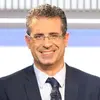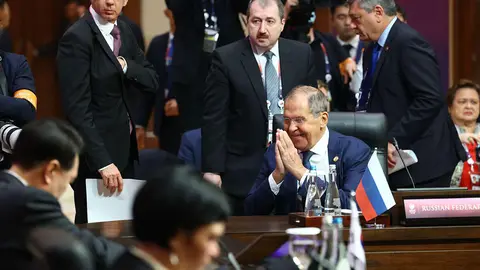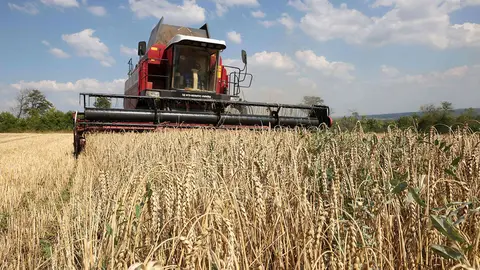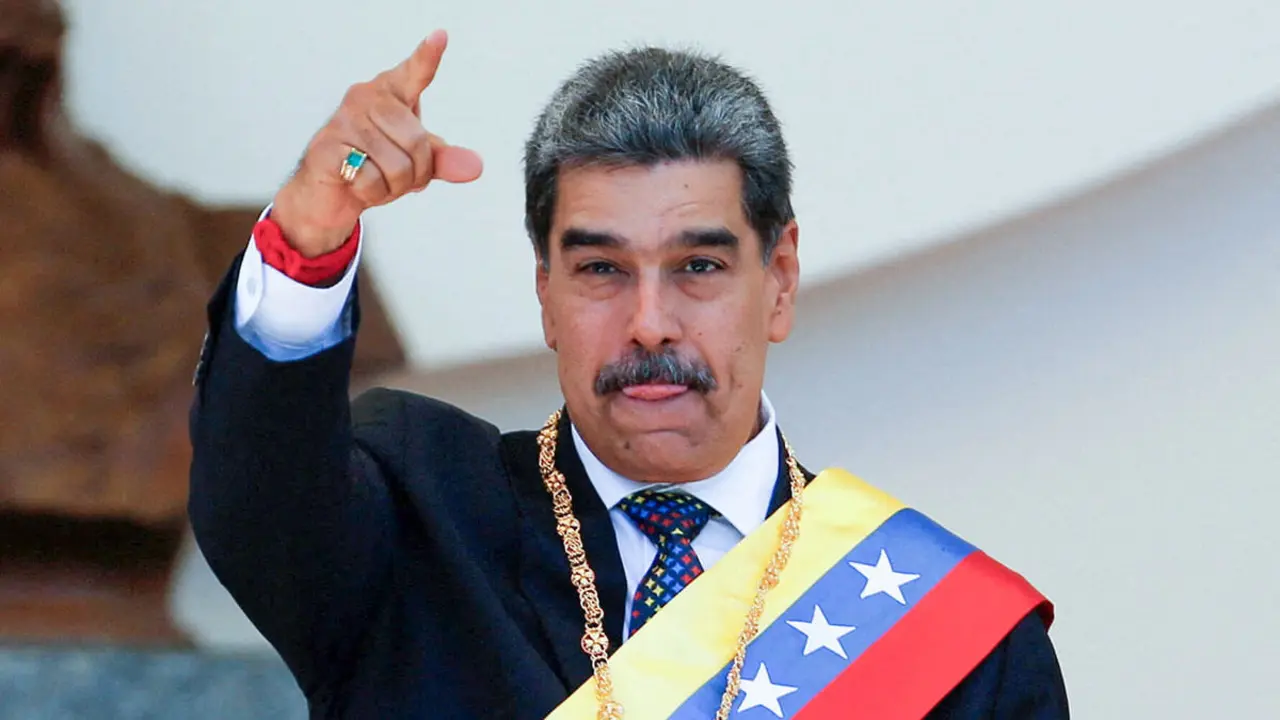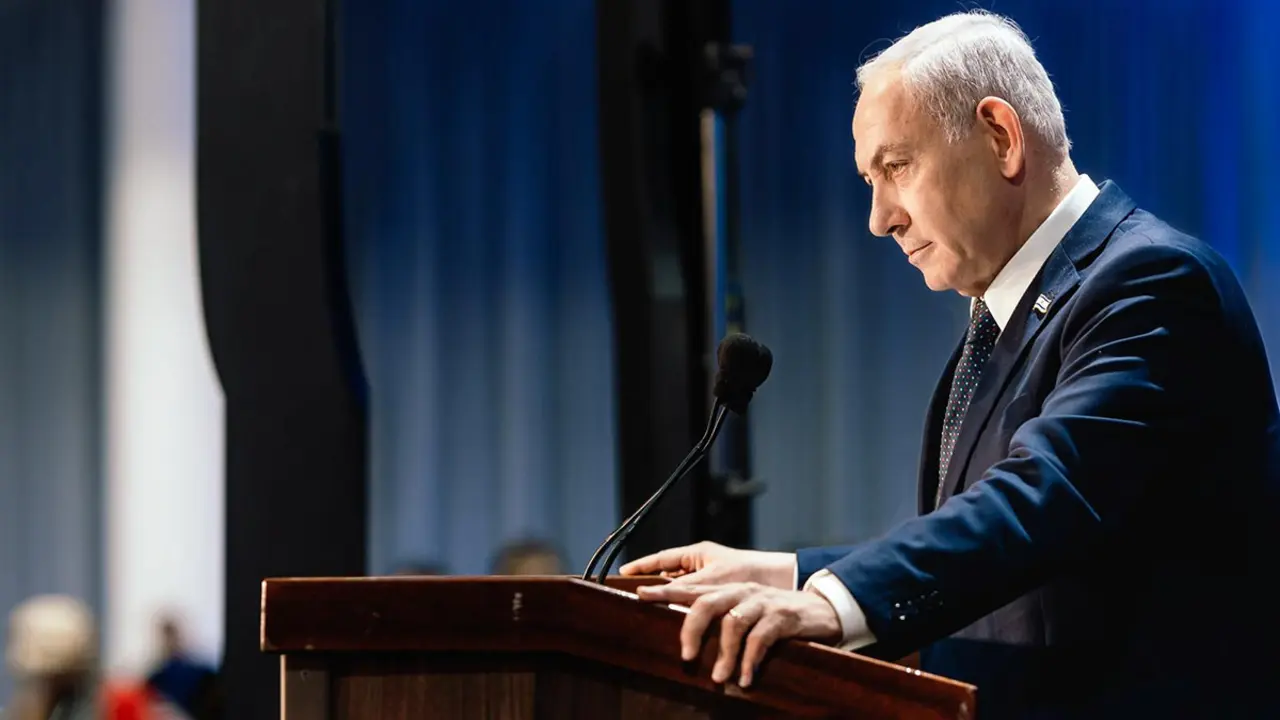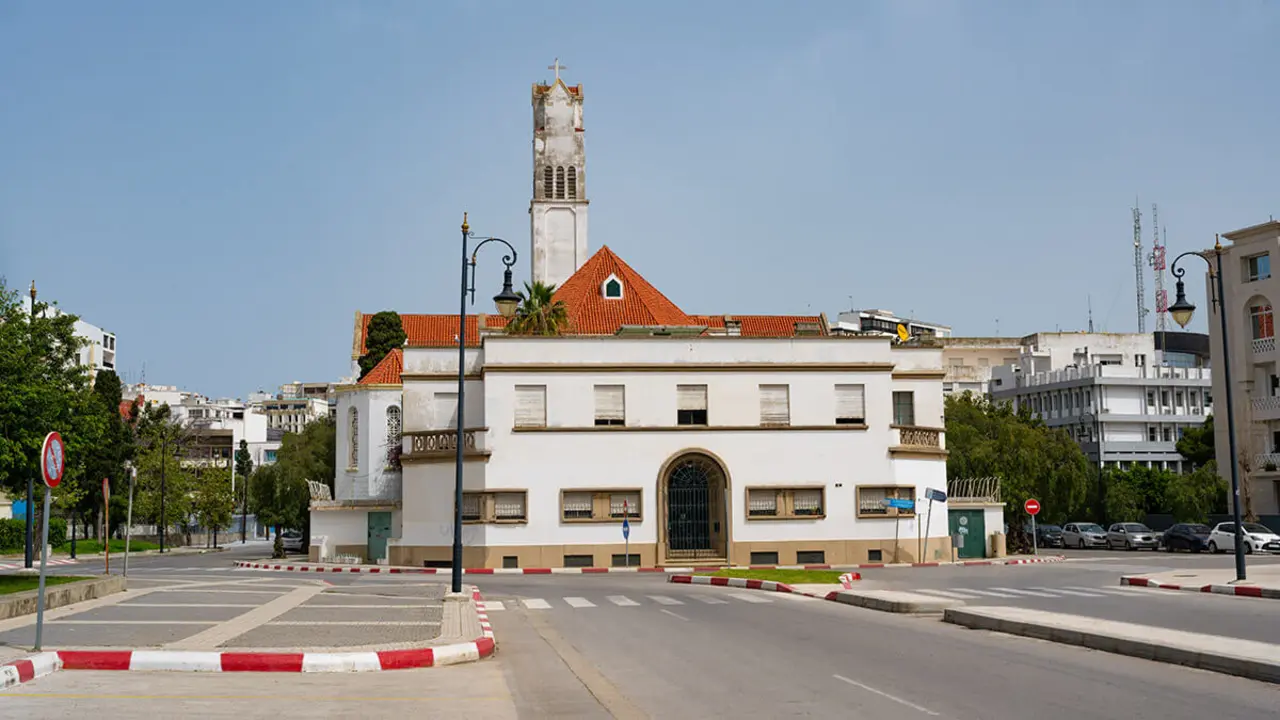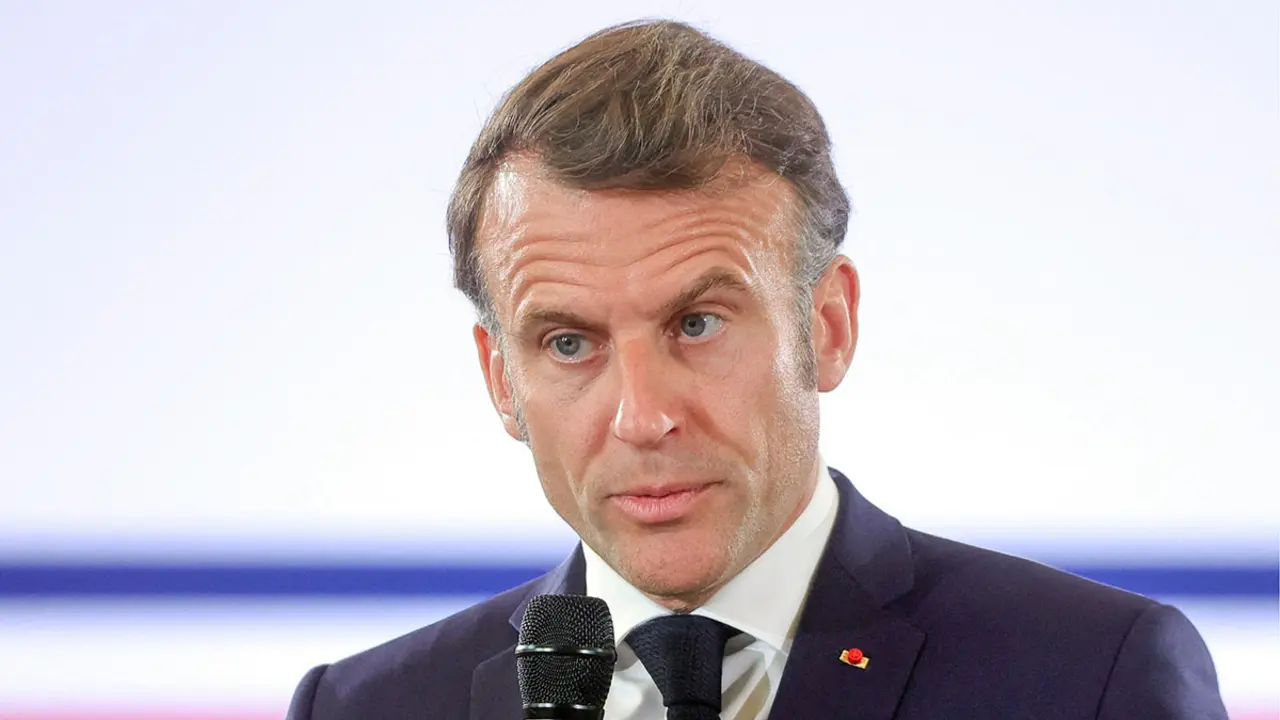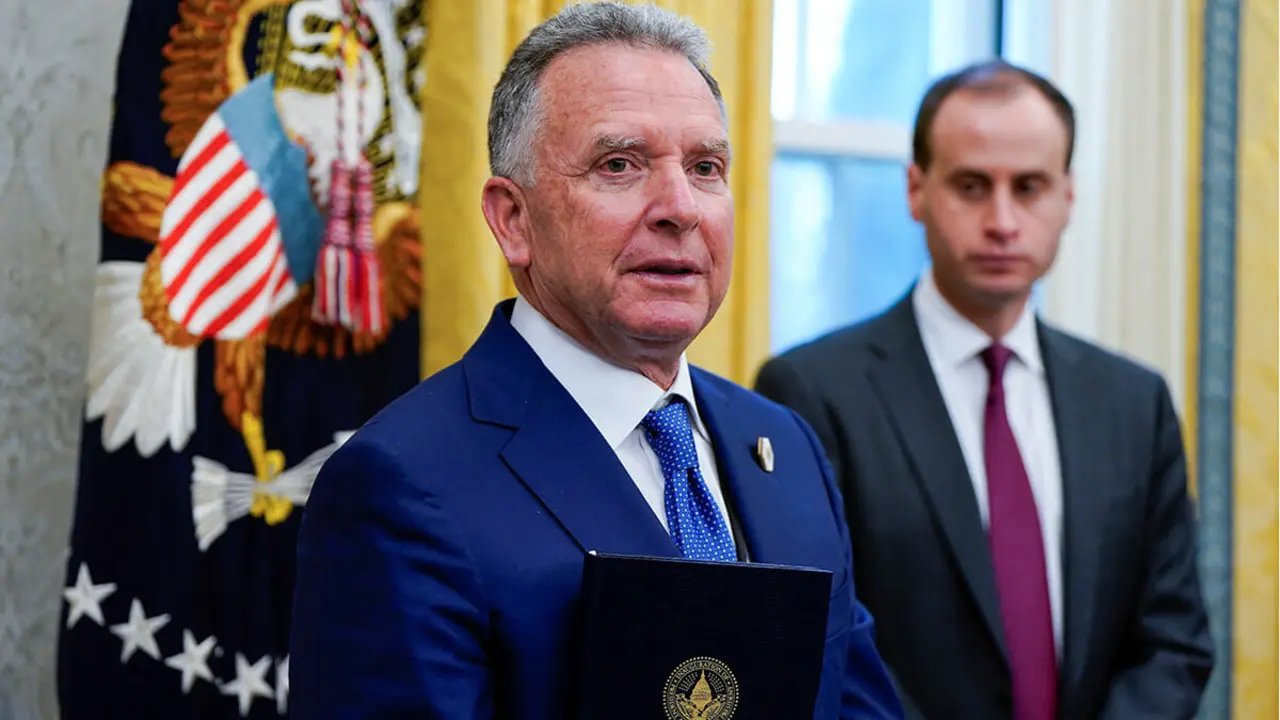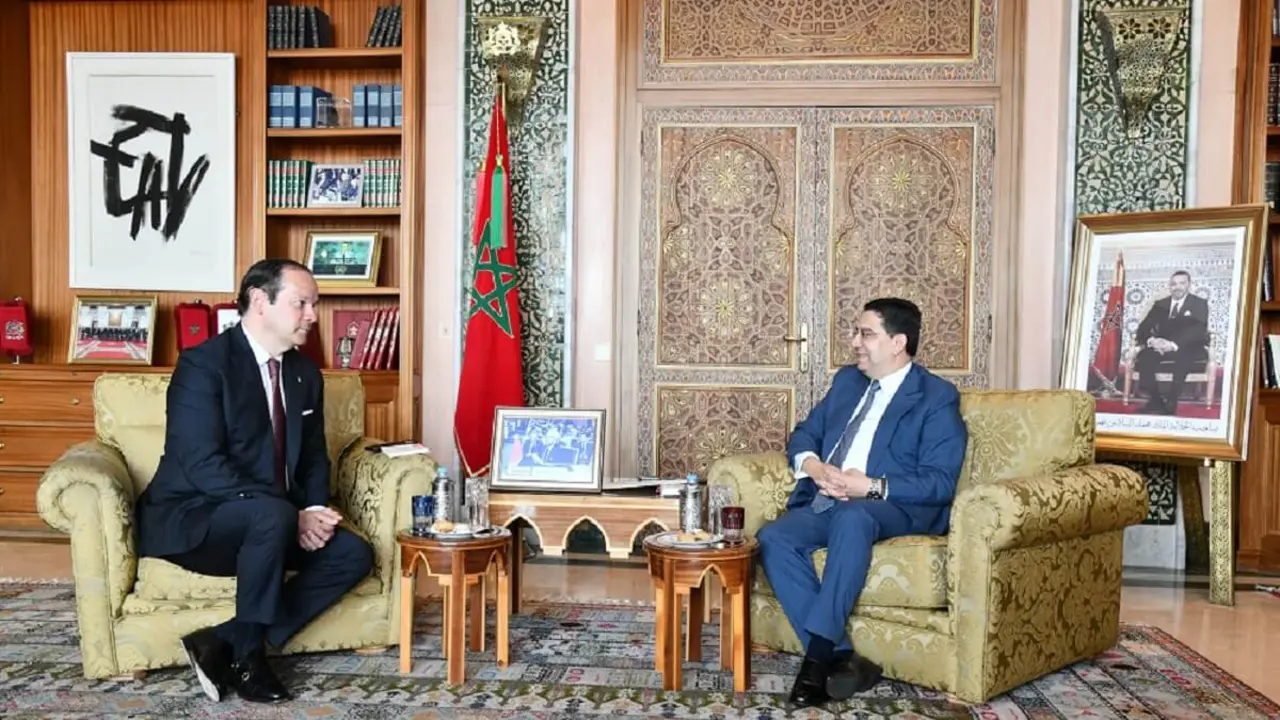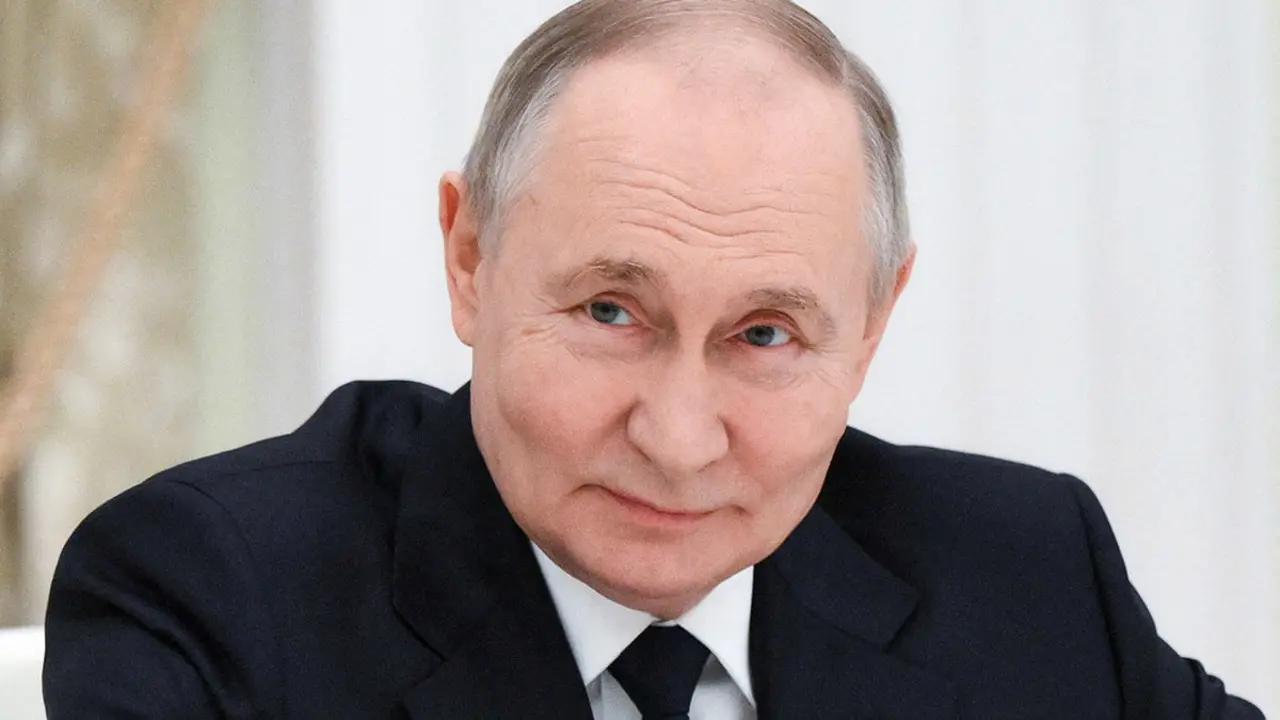From the Age of Innocence to a geopolitical Europe facing Russia

Russia's attacks against Ukraine began in February 2022, one year and eight months later the war continues, but, as Álvaro Imbernón, Director of the Strategy and Foresight Division of the Ministry of Foreign Affairs, EU and Cooperation, explained during the seminar 'The EU during Russia's war against Ukraine', held at the Faculty of Politics of the UCM, it was 'a shock, the awakening of the EU's age of innocence'.
The seminar was organised by the association Ideas y Debate in collaboration with the State Secretariat for the European Union (SEUE) and the Complutense Institute of Administration Science (ICCA). The opening ceremony was attended by the Director of the ICCA, Gema Sánchez Medero, the Dean of the Faculty of Political Science, Esther del Campo, the Director of the Department of International Relations, Paloma González del Miño, and the Professor of International Relations and President of Ideas y Debate, Miguel Ángel Benedicto.
For Álvaro Imbernón, the conflict with Russia has led Europe to opt for an open strategic autonomy with an increase in capabilities in different areas and less dependence. "To be able to act more autonomously, but in cooperation with our partners", he added. The ecological transition that this autonomy entails leads us to be more self-sufficient in energy with respect to Russia, with greater EU unity and prioritising social issues. And, as Paloma González, Director of the Department of International Relations at the Faculty of Politics, points out, with a geopolitical Europe that speaks, as Borrell called it, the language of power. A Europe that, for Javier Fernández Arribas, director of Atalayar, must defend principles such as freedom and democracy in the face of Putin's aggression in Ukraine.

Towards the new enlargement
Moreover, the EU is preparing for a new enlargement. The future prospects of a 36-member Union were debated between the Embassies of Ukraine and Moldova, candidate countries for European membership, under the moderation of Carlos Uriarte, Professor of Law at the URJC. Dmytro Matiuschenko, Minister-Counsellor of the Ukrainian Embassy, stressed that the EU brings values that we share: "On an economic level, the EU is our largest export market and in the area of security, without Ukraine, Europe will never be safe".
The fact that Ukraine has part of its territory occupied by Russia is an obstacle to accession, as is the case for another candidate country, Moldova, with the breakaway territory of Transnistria in Russian hands. As the Moldovan ambassador to Spain, Eugen Revenco, explained, Transnistria "is maintained thanks to the financial and economic support of the Russian Federation. Since 1992 Russia has maintained military forces on our territory against our will and against its own international commitments'. Both countries hope to join the European family by 2030.

A new European security system
The security system in Europe was another of the topics under debate, and UCM Professor of International Relations, Adolfo Calatrava, stressed that from the 1990s until 2014, a system was sought to include Russia, but it was not found. "The European security system today is NATO, but it should be something more with the EU and perhaps it could include Russia. Why if it is not included there will always be instability," he added.
However, for Alberto Priego, professor of International Relations at the Universidad Pontificia de Comillas, Russia is a real threat because since 2011 it has not stopped increasing its military budget. "The EU and NATO have maintained a kind of complicated dance in which each tried to maintain its territory, but convergence has come with the war in Ukraine. Europe has no choice but to develop its identity and military capabilities. We cannot depend on the US wanting to be here and the EU must develop its own defence. We are going to have to make sacrifices with a bigger military budget," Priego said.

The tension in Europe between Atlanticists and supporters of a Europe of Defence still remains, as Professor of International Relations Susana Sousa underlined when, for example, a large number of Eastern European countries defend a security architecture more centred on Euro-Atlantic Europe.

The management of the gas war
On the other hand, José Antonio Sanahuja, Professor of International Relations at the UCM and Special Advisor to the High Representative, believes that NATO is back, but it is a return that could be temporary if the Republicans return to the White House, more inclined to turn towards Asia. Sanahuja believes that more European troops and the maintenance of unity and the agility of the 27 when it comes to adopting sanctions are necessary. "The Director of the Carolina Foundation said that the growing role of the EU in its military and economic aid to Ukraine and in the energy war with "Repower Europe" is fundamental for him. "An instrument that is no longer just an environmental issue, but also an economic and security issue," Sanahuja stressed.
Another difficult and contradictory issue that Borrell's special adviser commented on, during the conference moderated by Professor of International Relations David Hernández, was the formation of a strategic approach towards China.

For Sanahuja, the EU's greatest contribution to the Ukrainian war is how the gas war has been managed. "Thinking about where we were a year ago, I remember how the German economy minister announced a nightmare scenario for the winter with the closure of industries, unemployment, blackouts, shortages and unleashed inflation. A winter of discontent that has not happened". Europe has shown a strength that, if it remains united, will allow it to move towards a greater geopolitical role.

